Japan’s First Lady Outshines PM in Popularity
- Yoshiko Ishiba, Japan’s new first lady, enjoys popularity surpassing her husband, Prime Minister Shigeru Ishiba.
- Shigeru’s election led to a significant impact on financial markets, with the Nikkei stock index plunging nearly 5%.
- Amid these changes, Japan is focusing on its defense capabilities, considering tripling units with ballistic missile interception capabilities.
- Yoshiko’s commitment to building a better Japan provides hope and stability as the nation navigates these changes.
In the city of Tottori, western Japan, a woman of gentle demeanor has won the hearts of the locals. Yoshiko Ishiba, the new first lady of Japan, at 68, enjoys a popularity that surpasses even that of her husband, Shigeru Ishiba, who is a year her junior. Their love story began at Keio University in Tokyo, where they met and fell in love. After a spirited pursuit by Shigeru, they tied the knot in 1983, marking the beginning of a partnership that would eventually lead them to the highest office in the land.
Yoshiko’s professional journey took her to the Japanese trading house Marubeni Corp, a company that found itself in the midst of a bribery scandal involving U.S. aircraft maker Lockheed Corp and former Japanese Prime Minister Kakuei Tanaka. Tanaka, a mentor to Shigeru Ishiba, was arrested and indicted over the scandal. Despite the controversy, Tanaka managed to maintain his sense of humor, remarking at the couple’s wedding, Marubeni is a good company. If not for my situation, it would be even better.
Throughout her husband’s political career, Yoshiko has been a pillar of support, working tirelessly to build local support in Tottori while Shigeru was away. Her efforts culminated in a moment of pure joy on September 27, when Shigeru was elected leader of the ruling Liberal Democratic Party, setting him on course to become the prime minister.
Market Reactions to Political Transitions
Shigeru Ishiba’s victory, however, had a significant impact on the financial markets. The Nikkei stock index plunged nearly 5 percent, marking its third-biggest point loss of the year. Exporters were hit hard due to the stronger yen, which followed Ishiba’s victory. The U.S. dollar, viewed as a safe-haven asset, briefly slid to the upper 141. The dollar had already plunged by around 3 yen on Friday after Ishiba’s victory, as he is expected to support the Bank of Japan in raising interest rates further. This expectation led to a reversal of the yen-selling trend that had been driven by speculation of a Takaichi win in the LDP presidential race.
Historically, political transitions often lead to market volatility. For instance, when former Prime Minister Shinzo Abe announced his resignation due to health reasons in August 2020, the Nikkei stock index fell by over 2 percent. However, the markets quickly recovered as Yoshihide Suga, known for his continuity policies, emerged as Abe’s likely successor. Similarly, the markets may adjust to Ishiba’s economic policies over time.
Japan’s Defense Strategy Amid Political Changes
In the midst of these political and economic developments, Japan is also focusing on its defense capabilities. The government is considering almost tripling the number of units in its Self-Defense Forces equipped with ballistic missile interception capabilities in the country’s remote southwestern islands by the end of fiscal 2031. This move is seen as a strategic response to the Chinese military’s muscle-flexing in the East China Sea.
As the new first lady, Yoshiko is not just content with praise. She seeks advice and guidance, stating, To build a better Japan, I ask for continued advice, not just praise. This statement reflects her commitment to her role and her desire to contribute to the betterment of the nation.
In conclusion, the election of Shigeru Ishiba and the rise of Yoshiko Ishiba as the new first lady mark a new chapter in Japan’s political landscape. Amid the economic and defense challenges, Yoshiko’s popularity and her commitment to building a better Japan provide a beacon of hope and stability. As the nation navigates these changes, the words of Yoshiko Ishiba resonate, reminding us that progress is not just about praise, but also about seeking advice and striving for continuous improvement.
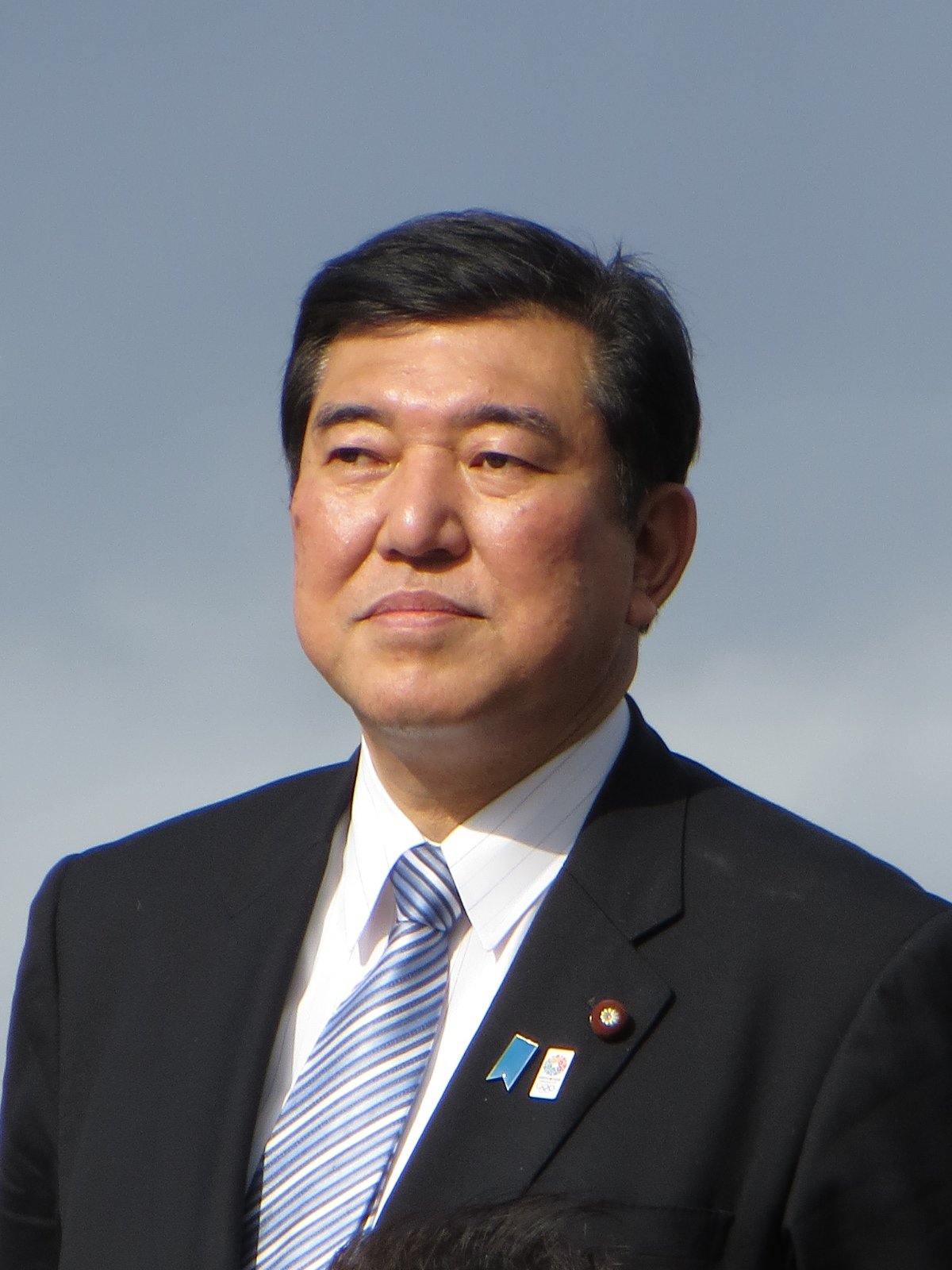
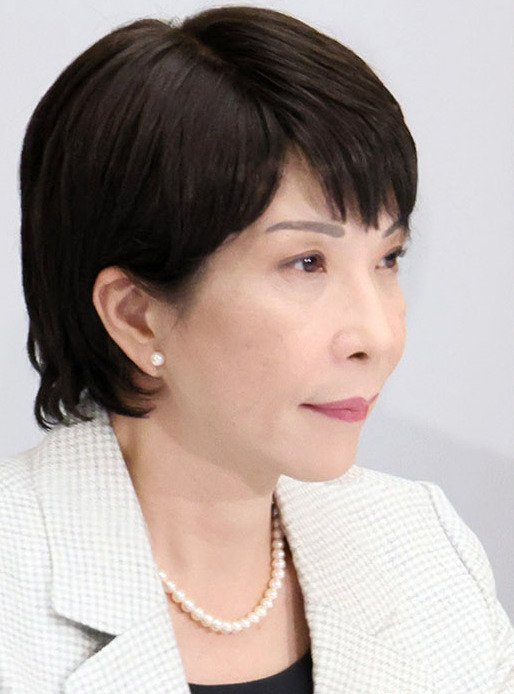

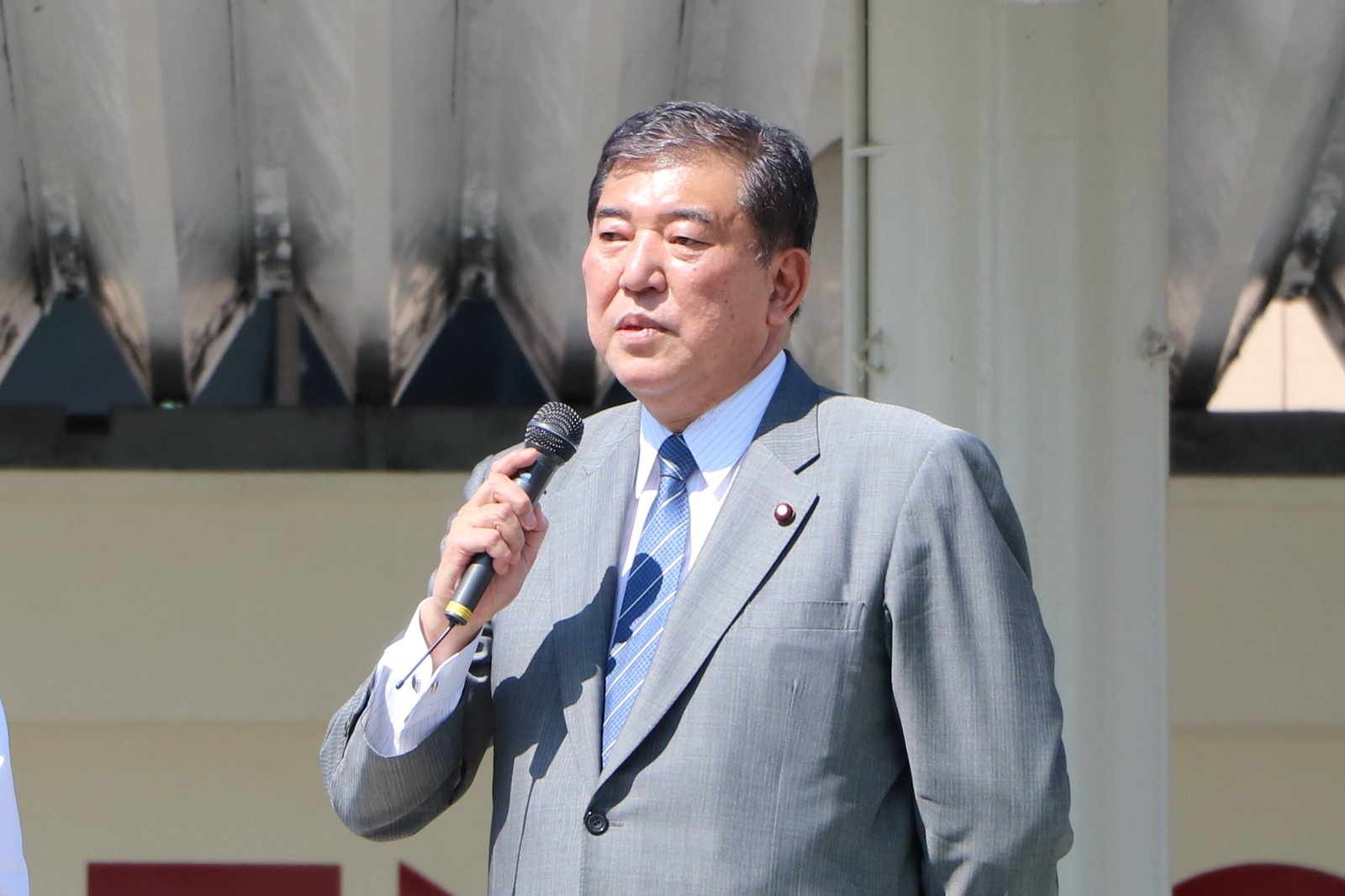

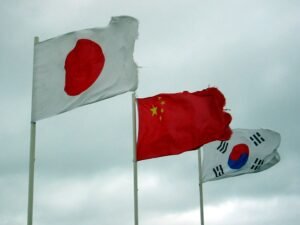
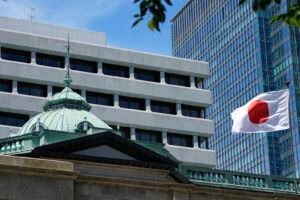






Post Comment